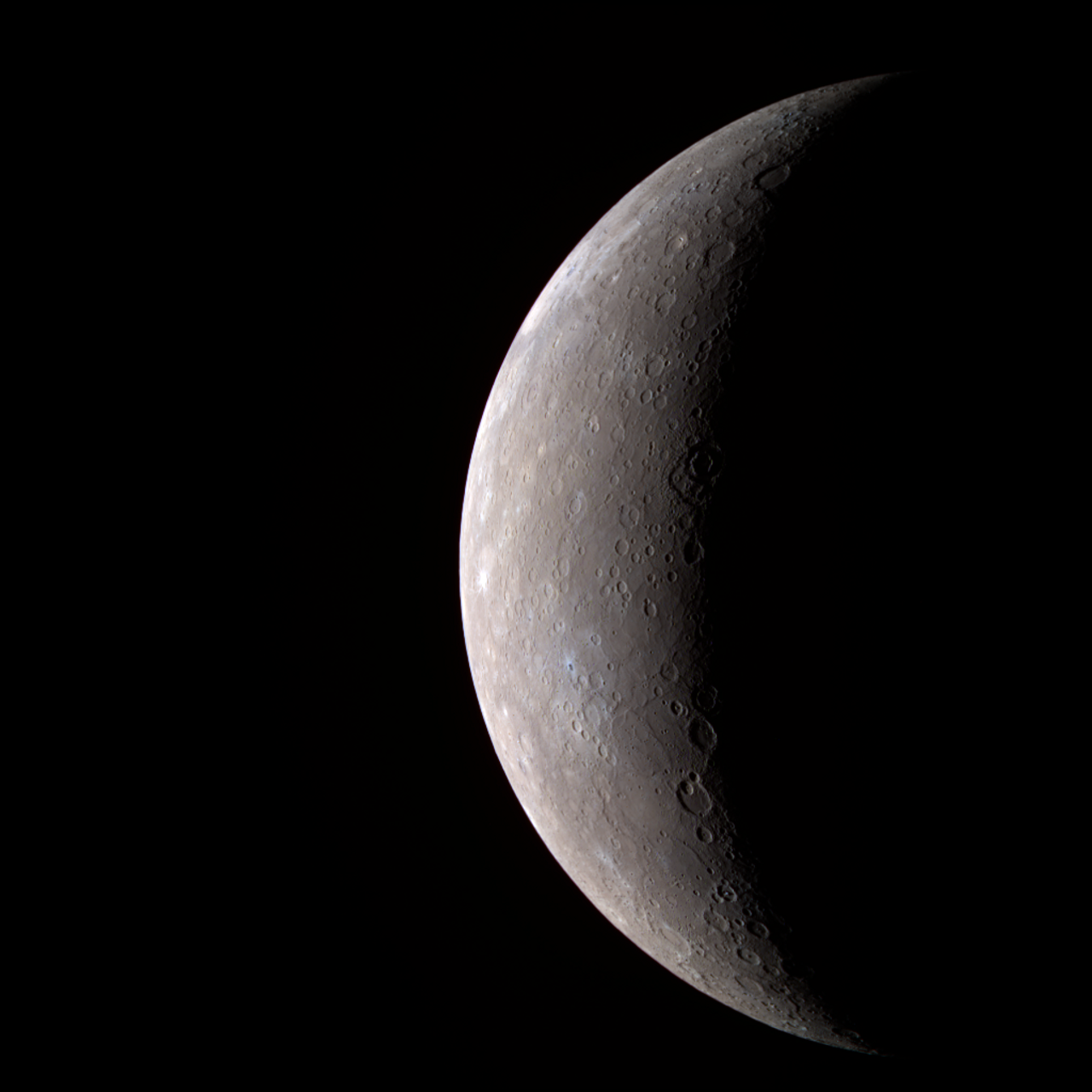Mercury and Its Mythological Significance
Mercury stands out as the smallest planet in our solar system and also holds the distinction of being the closest planet to the Sun. Its orbital revolution around the Sun takes merely 88 days, which makes it the fastest-moving planet in our celestial neighborhood. Its visibility as a bright object during twilight, either in the early morning or late evening, allowed ancient civilizations to recognize it easily. The ancient Greeks linked Mercury to the messenger of the gods, known as Hermes, identifying two distinct appearances of the planet. They named its morning guise as Apollo and its evening manifestation as Hermes, ultimately realizing they were observing the same celestial entity.
Though often attributed to Greek philosopher Heraclides of Heraclea Pontus (circa 388-315 BC), the belief that Mercury and Venus revolve around the Sun, rather than the Earth, has come under scrutiny in modern days.
Characteristics of Hermes/Mercury
Hermes, the swiftly-moving messenger revered by ancient deities, is a multifaceted figure. In Greek mythology, he was recognized as the god of translations and interpreters, lauded for his cunning among the Olympian deities, and served as the messenger to the others. His dominion extended to wealth, commerce, fertility, fortune, and the art of thievery. Among his preferred commercial pursuits was the trading of grain, thus intertwining his identity with the world of commerce. As protector of sports, he watched over gymnasiums and athletic games. His reputation, however, was not solely virtuous; he was also a trickster, sometimes intertwined in the darker aspects of existence, such as guiding the spirits of the deceased into the underworld and being venerated as a deity of slumber.
The influence of Hermes can be seen in modern vocabulary with terms such as “mercantile” and “mercurial”, highlighting his connections to business and speed. Additionally, his presence in antiquity shaped the name for “Wednesday” in French and many Romance languages, deriving from the term “Mercurii dies” or “day of Mercury”.
Biography of Hermes
Hermes is famously known as the offspring of Zeus, the king of ancient Greek gods, and Maia, a goddess associated with clouds, who was one of the seven Pleiades. His birthplace was in Arcadia, nearby the mountain Cyllene. From a young age, Hermes displayed remarkable cleverness; just minutes after his birth, he compellingly swiped a herd of cattle from his brother, Apollo, cleverly concealing their tracks. After a confrontation, the brothers reconciled, with Hermes gifting Apollo a lyre he had just invented, which led to an exchange of their respective symbols of power.
In an intriguing anecdote, Hermes crafted a musical instrument from a tortoise shell, which offered the best melodies imaginable. Additionally, he fashioned the shepherd’s pipe that would later influence his son Pan. As the messenger of the gods, Hermes adorned himself with distinctive articles, including a traveler’s hat known as “petasos” and ethereal winged sandals termed “talaria,” which were composed of imperishable gold that enabled him to fly swiftly. He wielded the “cadeuceus,” a herald’s staff originally depicted as a willow wand adorned with ribbons, which subsequently evolved into the iconic representation of entwined snakes. This symbol was linked to a tale where Hermes used it to reconcile two quarreling snakes, underscoring his role in promoting harmony.
Hermes also carried a purse, a representation of his association with prosperity, trade, and fortune.
The Family of Hermes
Hermes had a rather colorful love life, but no particular spouse has been clearly defined in mythological texts. With Aphrodite, the goddess of love and beauty, he fathered a daughter named Peitho, symbolizing persuasion and allure. Additionally, he had at least two other daughters—Tyche and Eunomia. One of his notable offspring was Hermaphroditus, who embodied both male and female traits. Hermes also fathered Pan, the famous god associated with shepherds and music, through his liaison with Penelope. Notably, in line with his patronage of thieves, Hermes’s son Autolycus earned his reputation as a master thief and was the grandfather of the famed hero, Odysseus.
Historical Context: Ancient and Roman Mythology
Mercury, as we recognize him now, has origins that trace back to ancient Sumerian civilization around the third millennium BC, where he was known as Gud—a deity representing rain and agricultural prosperity. In Babylon, he was referred to as Nebo, son of the chief god Marduk. Marduk’s legendary triumph over the primordial monster Tiamat established him as the ruler of the gods. Nebo transitioned into the role of divine scribe, tasked with documenting the laws of Marduk and disseminating them to humanity. In Egyptian mythology, this entity was known as Thoth, serving as a divine messenger.
Through the passage of time and cultural transitions, Marduk evolved into the Greek Zeus and later the Roman Jupiter, while Nebo transformed into Greek Hermes and subsequently into Roman Mercury. Throughout Roman mythology, he assumed the mantle of both traders and merchants, inheriting many traits from his Greek predecessor. The veneration of Mercury began in Rome in 495 BC with the establishment of a temple near the Circus Maximus, where his annual festival was observed on May 15.



